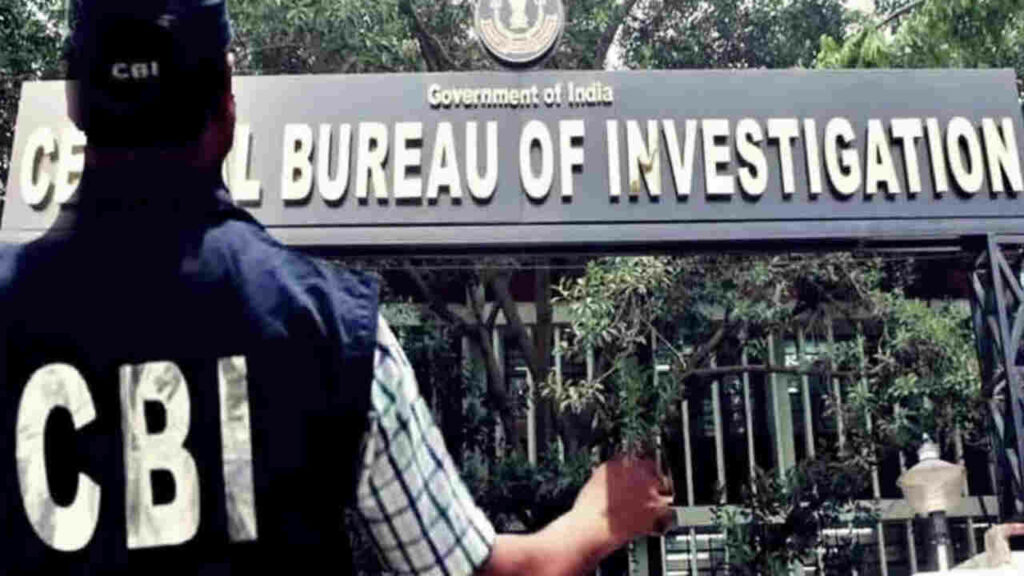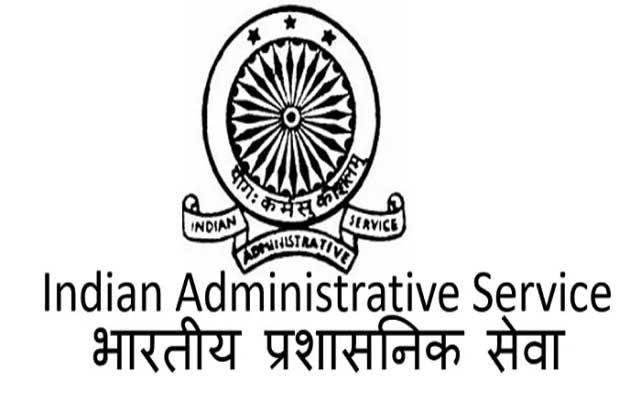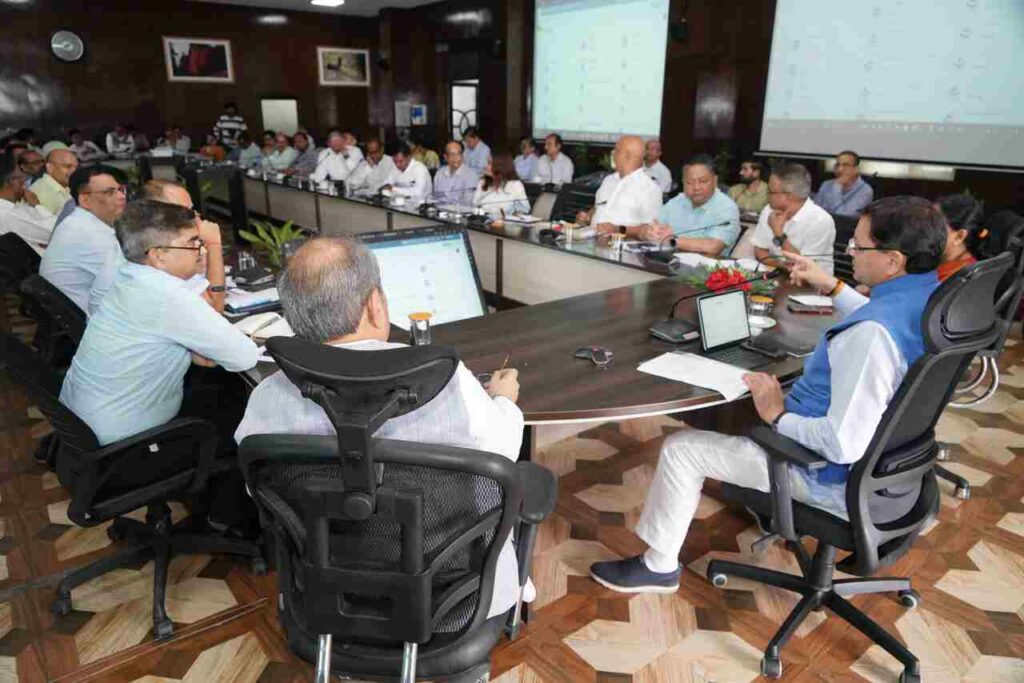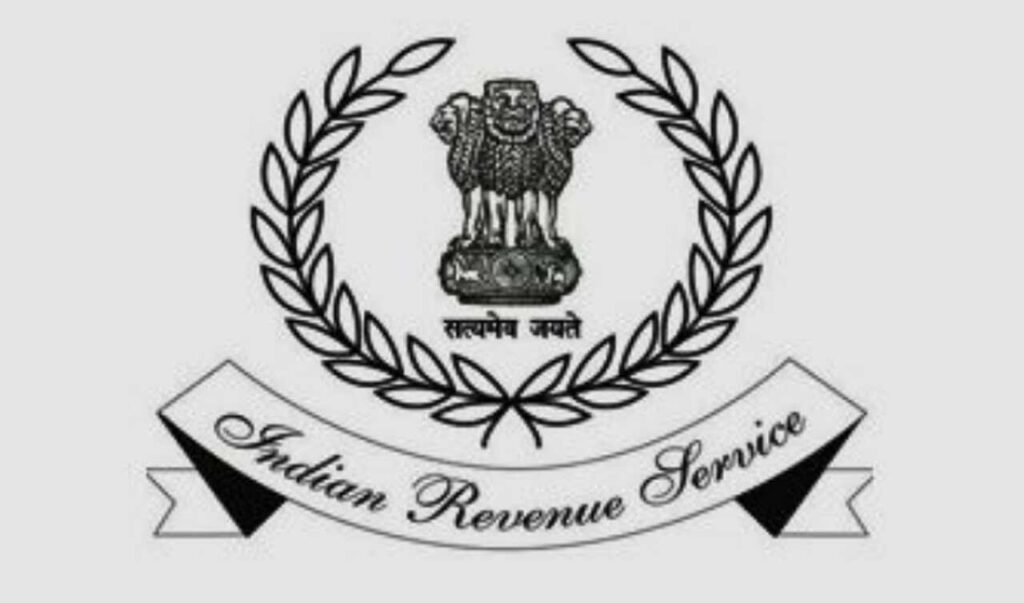New Delhi: The Supreme Court today gave its verdict on Wednesday on the issue of preparing all-India guidelines related to the demolition campaign of properties in the country. While hearing the case, the court said that you cannot demolish anyone’s house if there is an accused. Taking a tough stand, the court said that the responsible officers will not be spared at any cost. Bulldozer justice is not acceptable. This decision was given by a bench of Justice BR Gavai and Justice KV Vishwanathan.
The court said that it is mandatory to follow the law. It is necessary to have the rule of law in the country. If one member is accused, then the whole family cannot be punished. At the same time, the court said that bulldozer action is a violation of the law. The administration cannot be bigger than the law. It is necessary to send a notice first. The court said that officers should not act like a court. Government power should not be misused. Someone’s house is like a dream.
The court said that if the house of an accused is demolished wrongly, then the victim’s family will have to be compensated. The court said that demolishing a house is a violation of fundamental rights. The court said that a notice should be sent in a proper manner 15 days in advance. At the same time, the court said that a portal should be created within three months.
Earlier on October 1, the apex court had reserved the order after a long hearing of the case. On October 1, the Supreme Court also extended the interim order not to demolish any property without permission till further orders. However, the interim order will not apply to any unauthorized construction including religious structures on roads, footpaths etc. The Supreme Court had earlier remarked that public safety is paramount and whether it is a temple, dargah or gurudwara in the middle of the road, it has to go because it cannot hinder public safety.
The country’s Supreme Court had remarked during the hearing that India is a secular country and clarified that it would issue instructions for the whole of India which would apply to all religions. The court made it clear that demolition cannot be done only on the basis that the person is accused or convicted.
The apex court had said that it is only concerned about the misuse of municipal laws. The Supreme Court had also expressed concern on the issue that if two structures violate and action is taken against only one and later it is found that he has a criminal history. The Supreme Court had also said that there should be a law for unauthorized constructions and it does not depend on religion or faith or belief.








